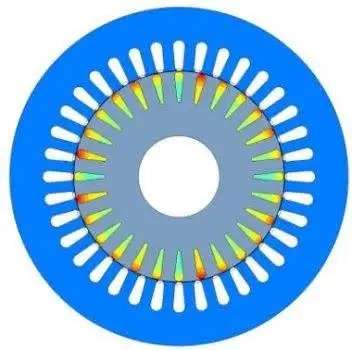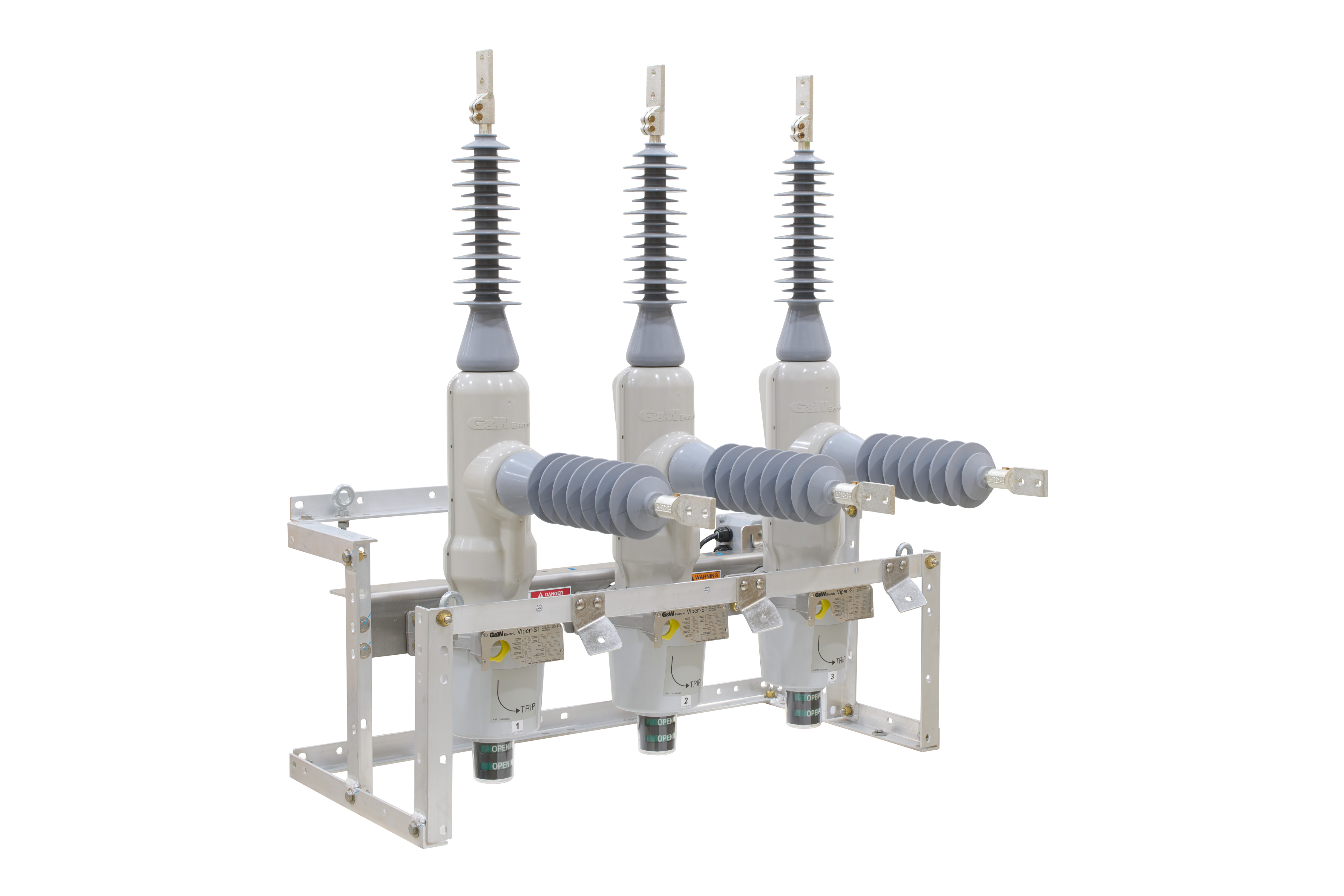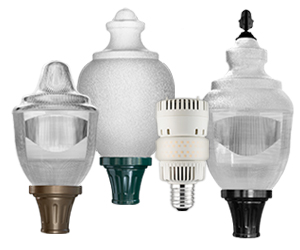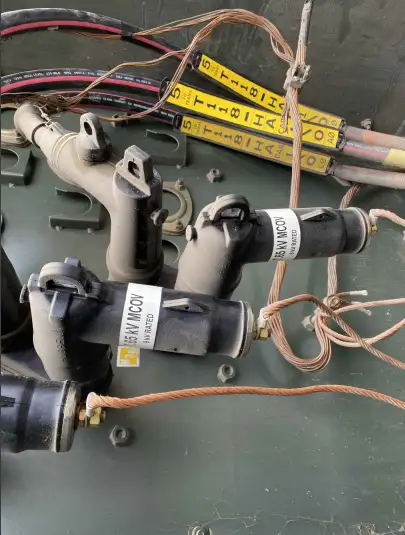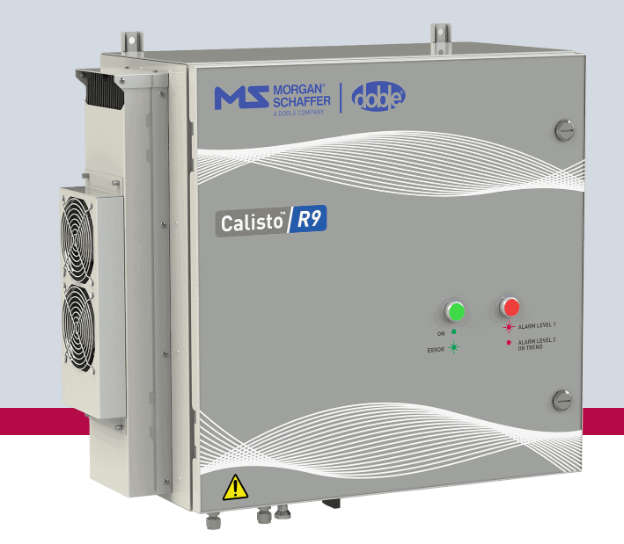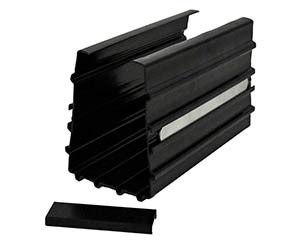Capacitor Energy Storage Formula: Understanding the Basics
Capacitors are important components in electronic circuits for energy storage. The formula for charge storage by a capacitor and the formula for calculating the energy stored in a capacitor demonstrate that the amount of charge and energy stored in a capacitor is directly proportional to its capacitance and the voltage applied to it. The capacitance and voltage of a capacitor affect its energy storage capability and capacity, respectively. When discharged, a charged capacitor can deliver a large shock of electrical energy, which can be dangerous and potentially lethal.
The Formula for Charge Storage by Capacitor
The amount of electrical charge that a capacitor can store is directly proportional to the applied voltage and the capacitance of the capacitor. The formula for charge storage by the capacitor is given by:
Q = C x V
Where Q is the charge stored in coulombs, C is the capacitance in farads, and V is the voltage across the capacitor in volts.
Calculating Energy Stored in a Capacitor
The energy stored in a capacitor can be calculated using the formula:
E = 1/2 x C x V^2
Where E is the energy stored in joules, C is the capacitance in farads, and V is the voltage across the capacitor in volts.
The Stored Energy of a Capacitor
When a capacitor is charged, electrical energy is stored in the electric field between its two plates. The stored energy of a capacitor can be released when the capacitor is discharged. The amount of energy that can be stored in a capacitor is directly proportional to the capacitance and the voltage across the capacitor. Therefore, when discharged, a charged capacitor can deliver a large shock of electrical energy, which can be dangerous and potentially lethal.
Calculating Energy Stored
The energy stored in a capacitor is a function of its capacitance, and the voltage applied. The formula for calculating the energy stored is given by:
E = 1/2 x C x V^2
Where E is the energy stored in joules, C is the capacitance in farads, and V is the voltage across the capacitor in volts.
Formula for Calculating Energy Stored in a Capacitor
The formula for calculating the energy stored in a capacitor is given by:
E = 1/2 x C x V^2
Where E is the energy stored in joules, C is the capacitance in farads, and V is the voltage across the capacitor in volts. This formula demonstrates that the energy stored in a capacitor is directly proportional to the capacitance and the square of the voltage applied to it.
Capacitance and Energy Storage Capability
The capacitance of a capacitor affects its energy storage capability. A capacitor with a higher capacitance can store more energy than a capacitor with a lower capacitance. This is because the amount of charge a capacitor can store is directly proportional to its capacitance.
Voltage and Energy Storage Capacity
The voltage across a capacitor affects its energy storage capacity. A capacitor with a higher voltage applied to it can store more energy than a capacitor with a lower voltage applied to it. This is because the energy stored in a capacitor is directly proportional to the square of the voltage applied.
What is the formula for charge storage by capacitor?
The formula for charge storage by a capacitor is Q = C x V, where Q is the charge stored in coulombs, C is the capacitance in farads, and V is the voltage across the capacitor in volts.
How do you calculate the energy stored in a capacitor?
The energy stored in a capacitor can be calculated using the formula: E = 1/2 x C x V^2, where E is the energy stored in joules, C is the capacitance in farads, and V is the voltage across the capacitor in volts.
What is the stored energy of a capacitor?
The stored energy of a capacitor is the electrical energy stored in the electric field between the two conducting plates of the capacitor.
How do you calculate the energy stored?
The energy stored in a capacitor can be calculated using the formula: E = 1/2 x C x V^2, where E is the energy stored in joules, C is the capacitance in farads, and V is the voltage across the capacitor in volts.
What is the formula for calculating the energy stored in a capacitor?
The formula for calculating the energy stored in a capacitor is E = 1/2 x C x V^2, where E is the energy stored in joules, C is the capacitance in farads, and V is the voltage across the capacitor in volts.
How does the capacitance affect the energy storage capability of a capacitor?
The capacitance of a capacitor directly affects its energy storage capability. A capacitor with a higher capacitance can store more energy than a capacitor with a lower capacitance because the amount of charge that a capacitor can store is directly proportional to its capacitance.
How does the voltage across a capacitor affect the energy storage capacity?
The voltage across a capacitor affects its energy storage capacity. A capacitor with a higher voltage can store more energy than a lower voltage because the energy stored in a capacitor is directly proportional to the square of the voltage applied to it.
On-Site Training
Interested in cost effective, professional on-site electrical training?
We can present an Electrical Training Course to your electrical engineering and maintenance staff, on your premises, tailored to your specific equipment and requirements. Click on the link below to request a Free quotation.
EF PARTNER MEDIA
Product Showcases
Shared Media

